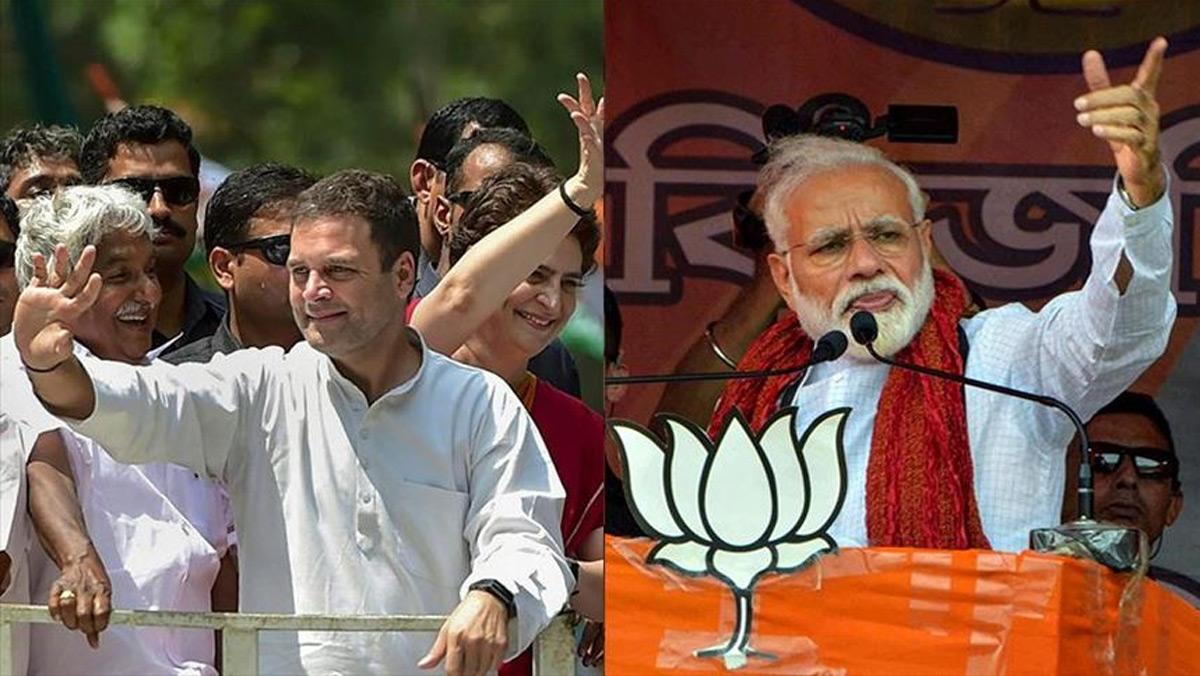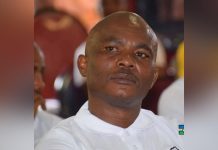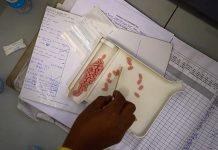Africa-Press – Lesotho. With the 2024 US presidential election just nine months away, the US Supreme Court is about to hear arguments on whether Donald Trump is disqualified from holding the office of President.
A most frequently heard lament is that if Trump becomes President again, he will destroy America’s democracy, assume dictatorial powers, fracture longstanding US alliances, and abandon Ukraine to Russia, Taiwan to China, and do little to stop Kim Jong Un.
Supporters of Trump counter that disqualifying the leading candidate for the opposition party is a sign of weakness on the part of Democrats and an undemocratic act of election interference.
Concerns about the health and viability of democracy and election interference are not just an American phenomenon. 2024 will be a year in which we see a confluence of elections.
The fact that elections are held does not, of course, mean that democracy is at work. In the US, Donald Trump declared even before the voting began in 2020, that if he lost it would be because the election was stolen or rigged. But Trump is a veritable juke box with a selection of dirges filled with accusations whenever he loses.
The justice system is rigged against him, every case is a witch hunt or election interference, he doesn’t even “know” the victims he has abused, and judges and prosecutors are “deranged” and sometimes, he even feigns innocence: “I did nothing wrong.
” The presidential election in Guatemala was held in 2023, not 2024. The Public Ministry tried to suspend the President-elect’s party and intimidate election authorities.
The US State Department issued a Press Statement declaring that these actions undercut “the clear will of the Guatemalan people and is inconsistent with the principles of the Inter-American Democratic Charter.
” In 2024, Taiwan’s presidential election was held and Lai Ching-te, also known as William Lai, was elected President.
China dismissed the election as not representing mainstream public opinion because Lai’s party did not win a majority of the votes. More importantly, China has vilified Lai as a separatist and “troublemaker through and through.
” Lai, known for his dedication to Taiwan’s independence, tried to soften things by saying that he aims to maintain the status quo. The Chinese retort from the Taiwan Affairs Office of the State Council was: “Taiwan is China’s Taiwan. ”
Does this mean the end of democracy in Taiwan? We know that the Chinese Communist Party cannot abide the idea of free and independent states that it believes should be within its ambit.
The lessons from Tibet and Hong Kong are clear. What about the US in all of this? President Biden issued a somewhat tepid statement: “We do not support independence [for Taiwan].
” This, from a President who has three times said that the US would come to Taiwan’s defense if it were attacked by China is quite a shocker. Contrast this statement to the one about Guatemala referenced above.
In Pakistan too, there will be a general election in 2024 but the ballots will be missing a picture of a cricket bat which is the symbol for Imran Khan’s party.
In a country that is largely illiterate, the cricket bat has been an easy symbol by which people can identify Khan, a star cricket player or yore, and a hero to them.
Khan would likely win in a landslide if permitted to run. Instead, he has just been sentenced to ten years in jail for disclosing confidential government documents while he was Prime Minister.
But never mind, Pakistan has a history of charging former Prime Ministers with crimes, even jailing, or exiling them, and then re-electing them. Imran Khan may well be at bat in some future innings.
India, sometimes referred to as the world’s largest democracy, will also have a general parliamentary election this spring, with some one billion voters eligible.
Prime Minister Narendra Modi’s Bhartiya Janata Party (BJP) is expected to extend its grip on control of parliament which has now run to ten years. The BJP won five regional state elections last year, so it seems a shoo-in to win again, although there are rumblings of dissent in the southern states.
But perhaps not enough for an upset. The country generally seems accepting of the BJP. Throngs cheered Modi on at the consecration of the newly constructed temple believed to rest on the site of the birth of the Hindu god known as Lord Ram.
That site was formerly a mosque that was razed by a Hindu mob. And that same site was formerly a Hindu temple that was razed on orders of the Mughal emperor Babur, some 800 years ago. The scars of religious wounds do not fade easily.
Although Modi’s government and mainstream Indians dismiss concerns that he has inflamed tensions between the Hindus who make up the vast majority, and minorities, particularly Muslims, Christians and Sikhs, there has undeniably been a rent made in the cohesion of Indian society.
Is this serious enough to put Indian democracy in jeopardy? Probably not, so long as a large majority of the majority Hindu population is comfortable with it.
And to be fair, Modi has been successful in transforming India into a vibrant economy that has embraced technology and dragged India’s populace into the 21st Century.
Source: Mauritius Times
For More News And Analysis About Lesotho Follow Africa-Press






